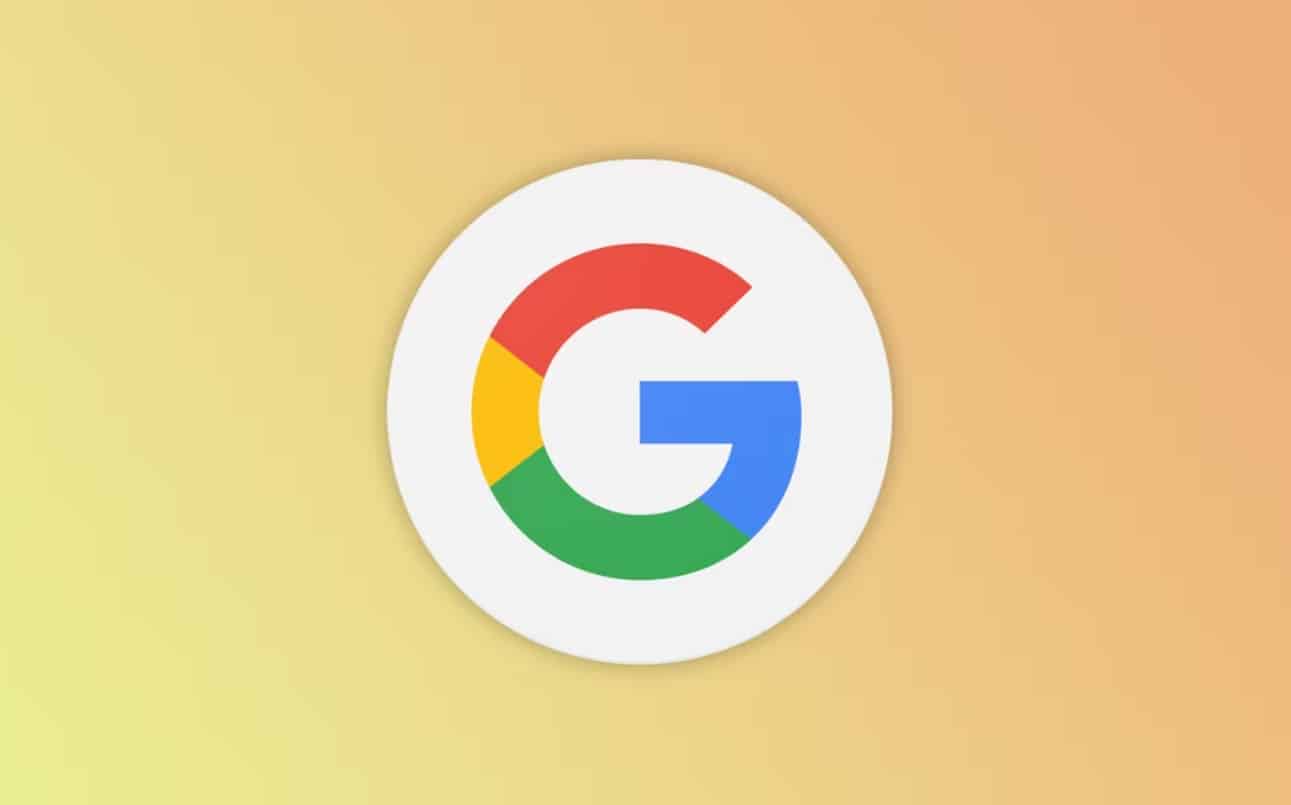Did you know that you can share Google Bard conversations with friends, family, and coworkers? Well, if you’re lucky, this is your first time hearing of Bard’s sharing feature. It seems that Google Search is unintentionally indexing shared Bard conversations, including conversations that are clearly supposed to be private. We’ve reached out to Google for a comment on this situation, and we’ve asked if indexed conversations are an intentional “feature.”
Google Bard’s sharing feature is pretty straightforward. Instead of copy-pasting the AI’s output, you can simply generate a link for others to see. Those who view your shared conversation can also pick up where you left off, which may be useful when coordinating a business strategy, a vacation, or other group activities. According to the Bard Help page, shared conversations can only be accessed by those with the correct URL — there’s supposed to be an element of privacy here, and Google makes no mention of indexing shared conversations in Search.
Unfortunately, if you plug the “site:bard.google.com/share” tag into Google Search, you’ll find plenty of shared Bard conversations. Some are benign, while others mention the names of locations or businesses — Google doesn’t include usernames or other information in shared conversations, but some users are typing this identifiable data straight into Bard. The only silver lining is that very few conversations are actually indexed.
The reason for this behavior is completely unknown. Maybe Google forgot to use the “noindex” meta tag on shared Bard conversations. Or, maybe this is the result of Google Search’s recent “helpful content system” update, which is supposed to show more “hidden gems” in Search. Some of the Bard conversations that are listed in Google Search could be useful to other people. For example, in one conversation, a user asks Bard how its roleplay feature can be used to generate creative writing.
Even if the sharing feature is working as intended, this isn’t great news. The trustworthiness of its Bard AI will be thrown into question, and the privacy of some users may be compromised. For reference, Google explicitly tells users to keep private information out of Bard conversations, but there’s nothing to stop users from plugging in identifiable data.
We’re waiting for an explanation or comment from Google. In the meantime, you should delete any Bard conversation share links that you’ve generated. You can do that by visiting https://bard.google.com/sharing, or by opening a Bard chat, clicking the Settings button, and selecting “Your Public Link.” You can also delete all Bard activity entirely, if you wish.

